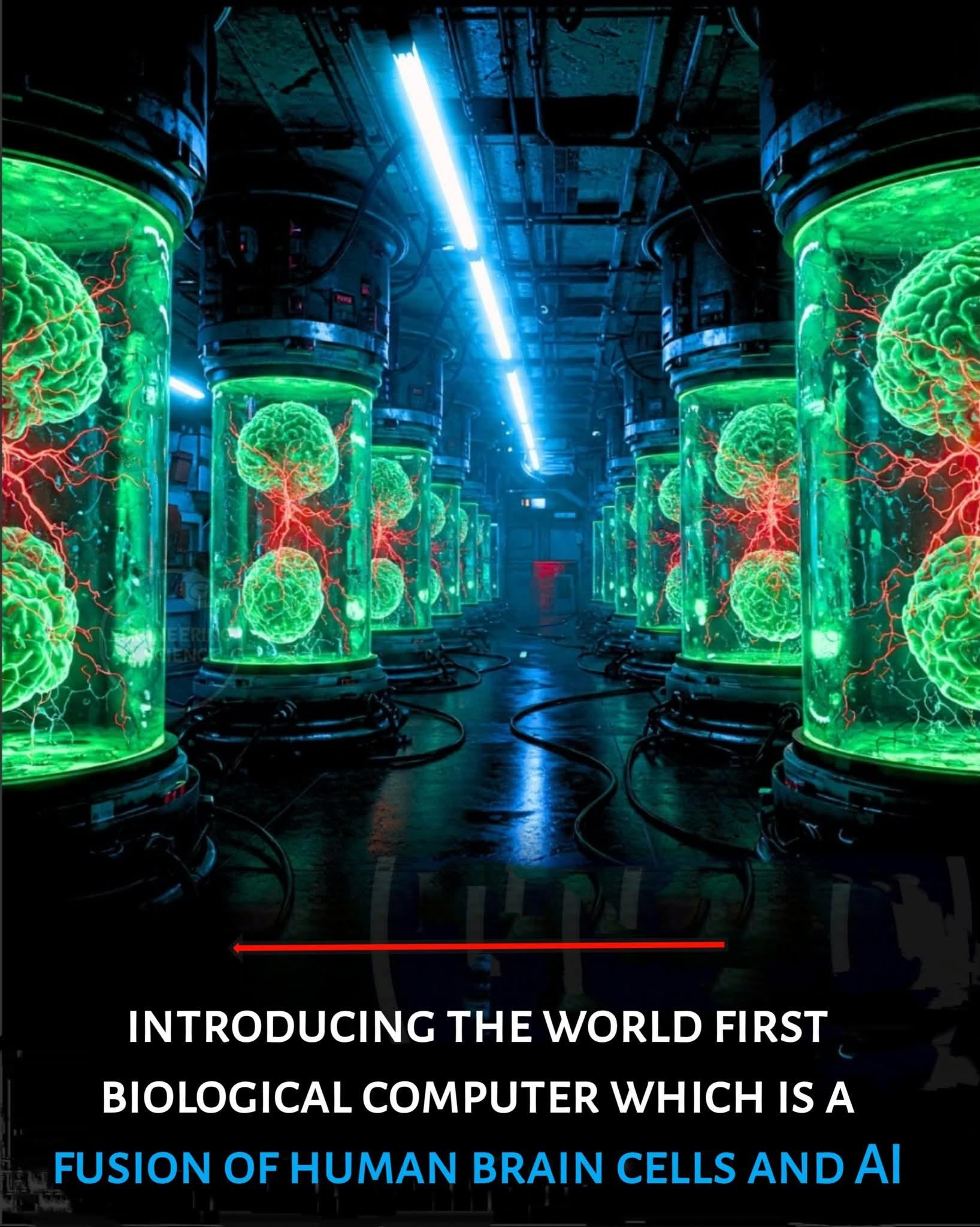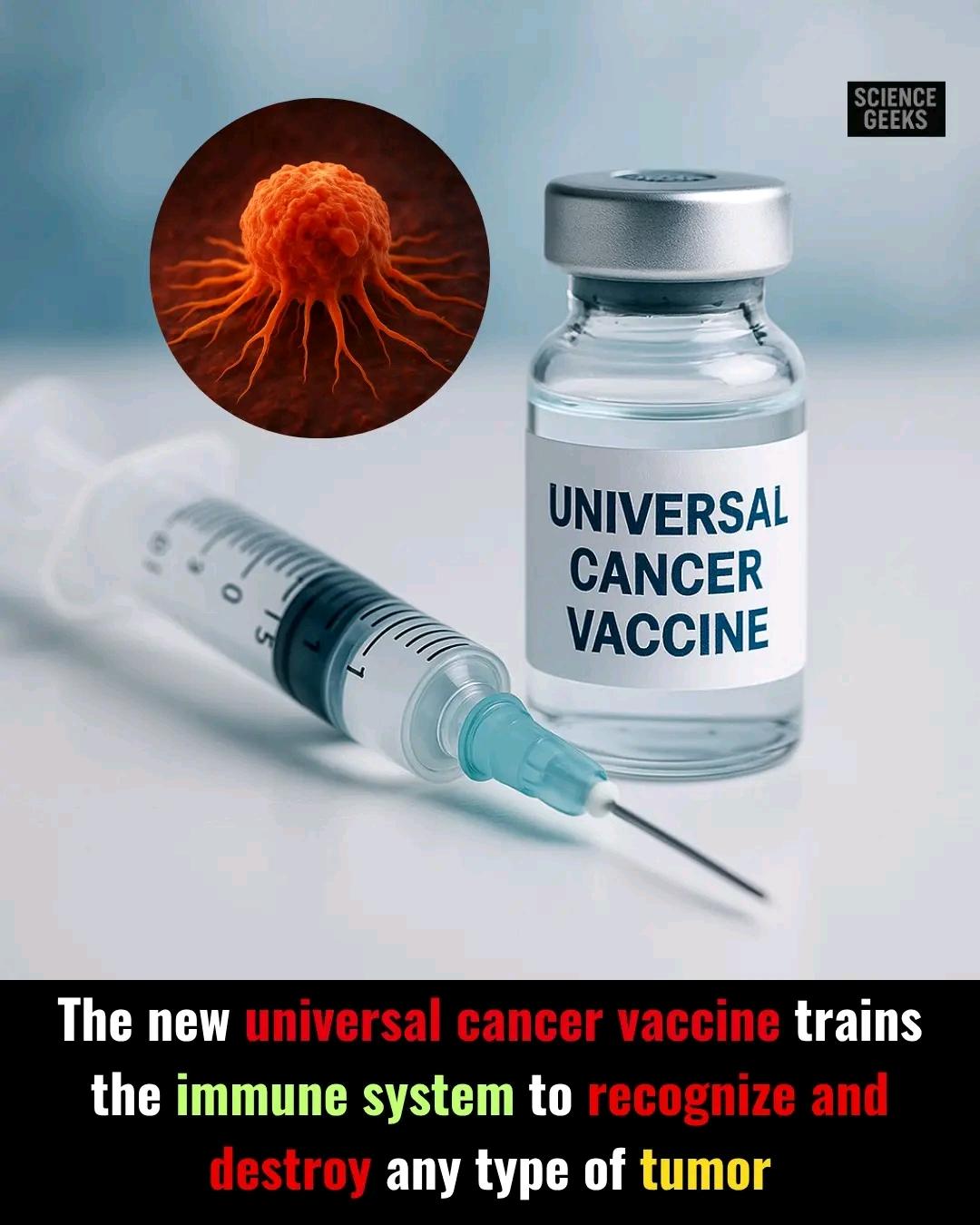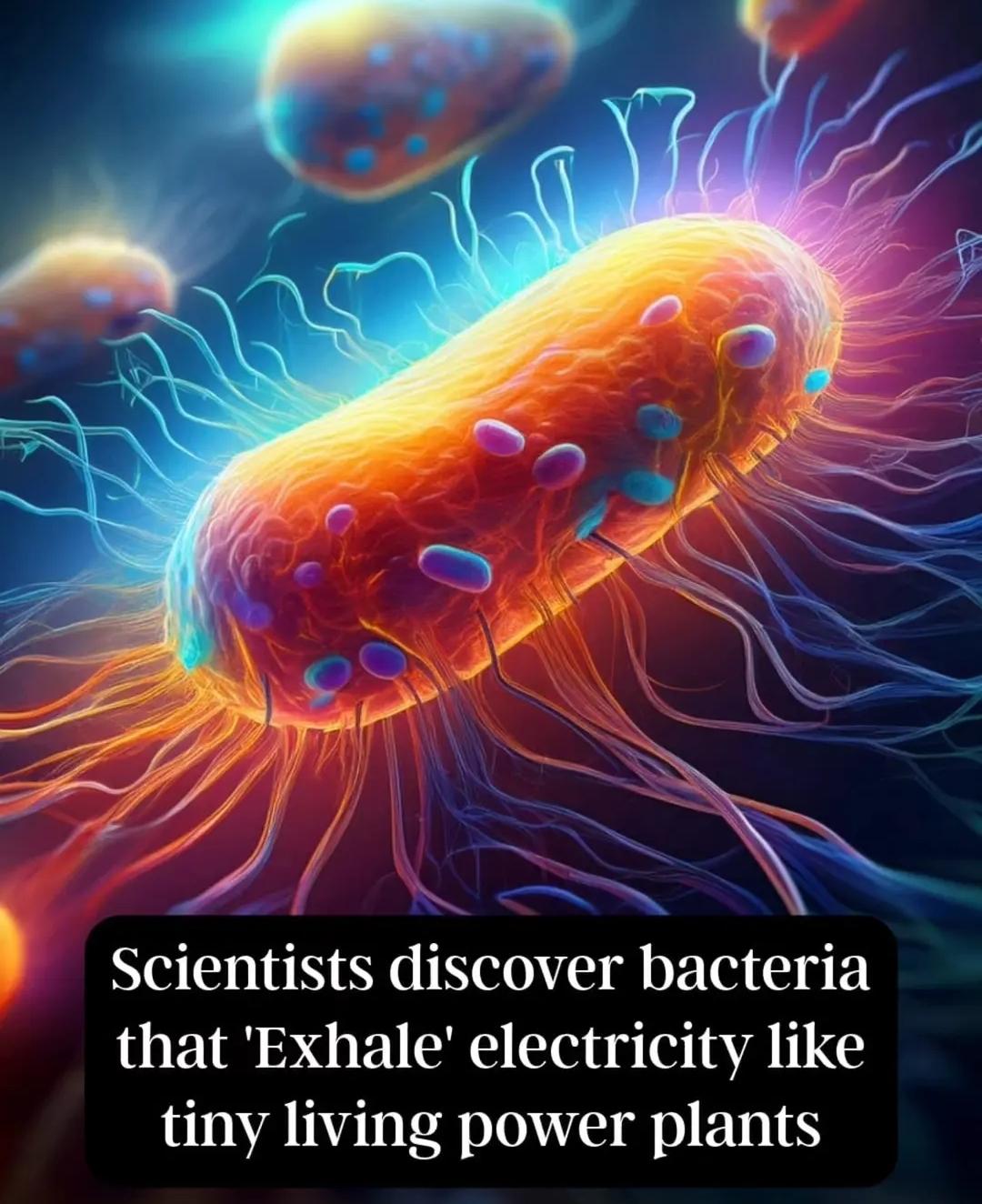Scientists have discovered bacteria that can "exhale" electricity, acting like miniature power plants. These microorganisms, often found in oxygen-poor environments like deep-sea sediments or soil, belong to genera like "Shewanella" and "Geobacter".
They generate electricity through a process called extracellular electron transfer (EET). During metabolism, these bacteria break down organic matter and transfer electrons to external surfaces, such as minerals or electrodes, instead of using oxygen as an electron acceptor. This creates a small electric current.
The bacteria possess unique protein structures, like microbial nanowires or cytochromes, which act as conductive pathways for electrons. This ability makes them promising for applications in bioenergy and biotechnology. For example, microbial fuel cells (MFCs) use these bacteria to convert organic waste into electricity, offering a sustainable energy source. They could power small devices or treat wastewater while generating energy.
Research is ongoing to optimize their efficiency and scale up practical applications. Challenges include improving electron transfer rates and ensuring stability in diverse environments. These discoveries highlight nature’s ingenuity and open doors to eco-friendly energy solutions, harnessing the power of microscopic life to address global energy needs.
Scientists have discovered bacteria that can "exhale" electricity, acting like miniature power plants. These microorganisms, often found in oxygen-poor environments like deep-sea sediments or soil, belong to genera like "Shewanella" and "Geobacter".
They generate electricity through a process called extracellular electron transfer (EET). During metabolism, these bacteria break down organic matter and transfer electrons to external surfaces, such as minerals or electrodes, instead of using oxygen as an electron acceptor. This creates a small electric current.
The bacteria possess unique protein structures, like microbial nanowires or cytochromes, which act as conductive pathways for electrons. This ability makes them promising for applications in bioenergy and biotechnology. For example, microbial fuel cells (MFCs) use these bacteria to convert organic waste into electricity, offering a sustainable energy source. They could power small devices or treat wastewater while generating energy.
Research is ongoing to optimize their efficiency and scale up practical applications. Challenges include improving electron transfer rates and ensuring stability in diverse environments. These discoveries highlight nature’s ingenuity and open doors to eco-friendly energy solutions, harnessing the power of microscopic life to address global energy needs.








